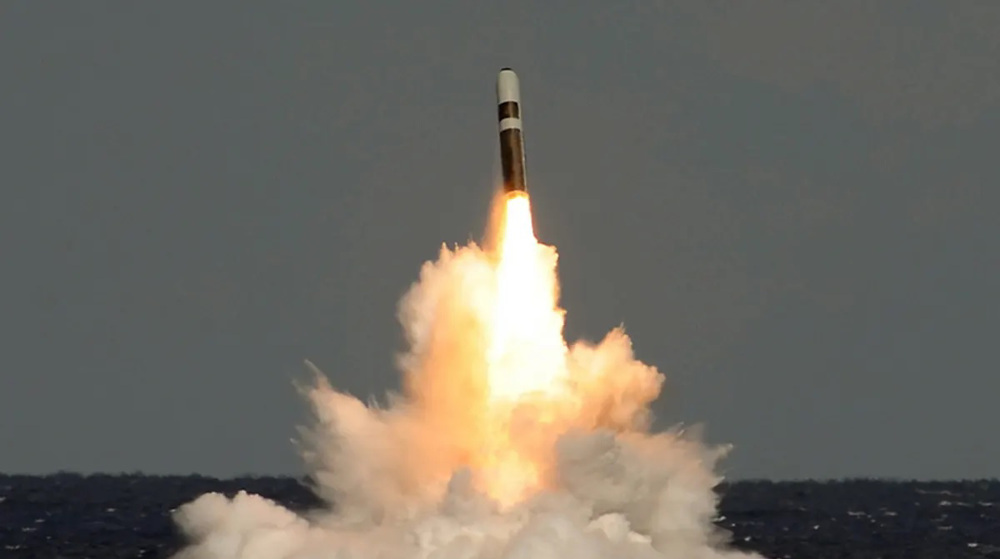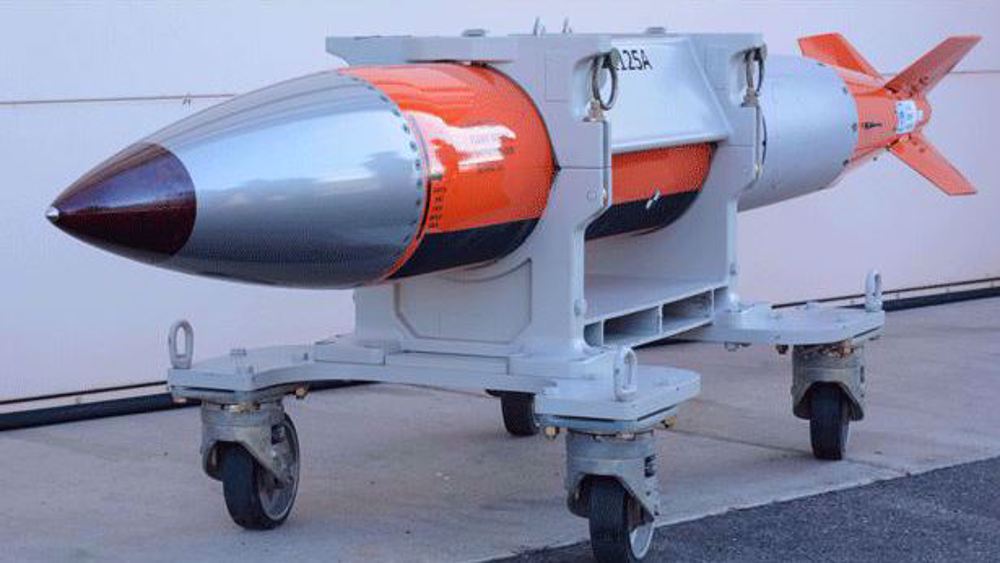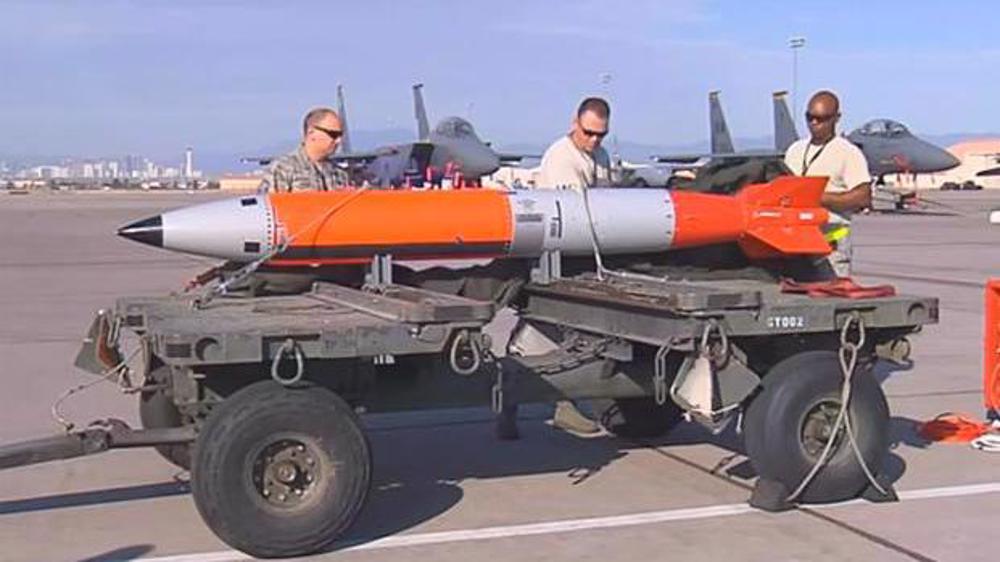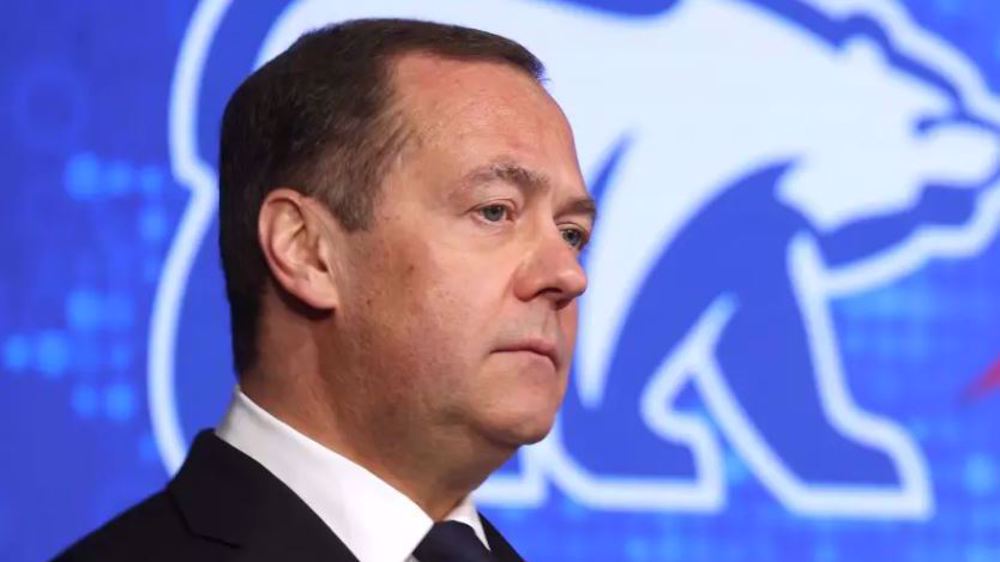Embarrassing blow: UK nuclear missile crashes into ocean during rare test launch
A UK Trident nuclear missile has misfired and crashed into the ocean off the US coast of Florida during a failed test launch by a British nuclear submarine in an embarrassing blow for the United Kingdom's outdated naval warfare force.
British news outlets cited the UK's Ministry of Defense (MoD) statement, confirming that an “anomaly occurred” during a missile launch on January 30 off the coast of Florida. The MoD said the “anomaly” during the exercise was “event specific”.
The officials said they could not say any more because the incident related to national security. They said there remained “absolute confidence” in Britain’s constant at-sea nuclear defense system.
One British official said the test-launch from the nuclear-powered submarine HMS Vanguard would have been successful had it been carried out for real with a nuclear warhead.
The Sun reported that a dummy Trident 2 missile was propelled into the air by compressed gas in its launch tube but that its so-called first-stage boosters did not ignite.
It quoted an anonymous source as saying, “It left the submarine but it just went plop, right next to them.”
It is said to be the second misfiring in a row, with a test launch of a Trident missile by the Royal Navy off the coast of the US in June 2016 also reported to have been a failure.
The British shadow defense secretary, John Healey, said, “Reports of a Trident test failure are concerning. The defense secretary will want to reassure parliament that this test has no impact on the effectiveness of the UK’s deterrent operations.”
UK’s Defense Secretary, Grant Shapps, had been onboard the submarine at the time of the failed launching.
Shapps is now expected to release a written ministerial statement on Britain’s nuclear deterrent.
Americans, who had removed US nuclear warheads from the UK in 2008 after risk assessments back then showed that the Cold War military threat from the Russian Federation had diminished, plan to redeploy nuclear weapons in the UK.
Last year, MoD announced plans to boost UK’s stockpile of Trident nuclear warheads by 40 percent, to 260 – the first such increase since the end of the Cold War.
British government sources have been quoted by media as saying that the UK has “a clearer appreciation” of its role as a nuclear power in a renewed era of global rivalry with Russia and China.
D-8’s role in Iran’s economy after Cairo summit
China slams US as ‘war-addicted’ threat to global security
China ‘firmly opposes’ US military aid to Taiwan
VIDEO | Press TV's News Headlines
President Yoon Suk Yeol to be removed from office
At least 19 Gazans killed by Israeli airstrikes since dawn: Medics
Leader: Iran neither has nor needs proxy forces
US fighter aircraft shot down ‘in friendly fire’ amid aggression on Yemen














 This makes it easy to access the Press TV website
This makes it easy to access the Press TV website